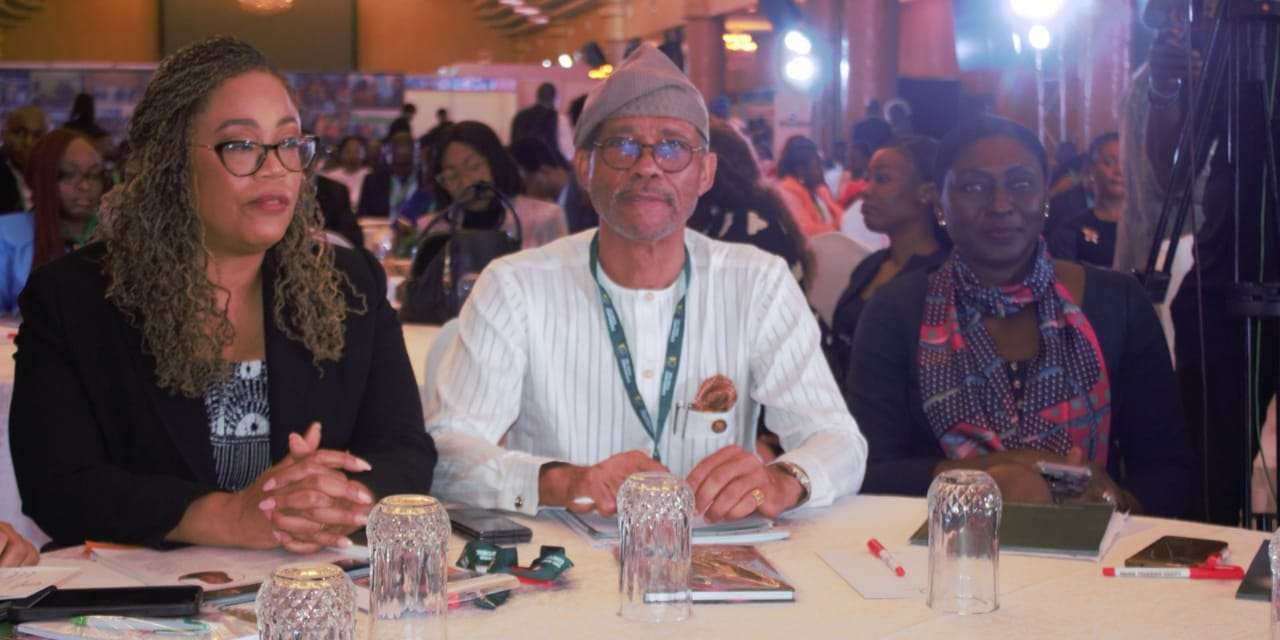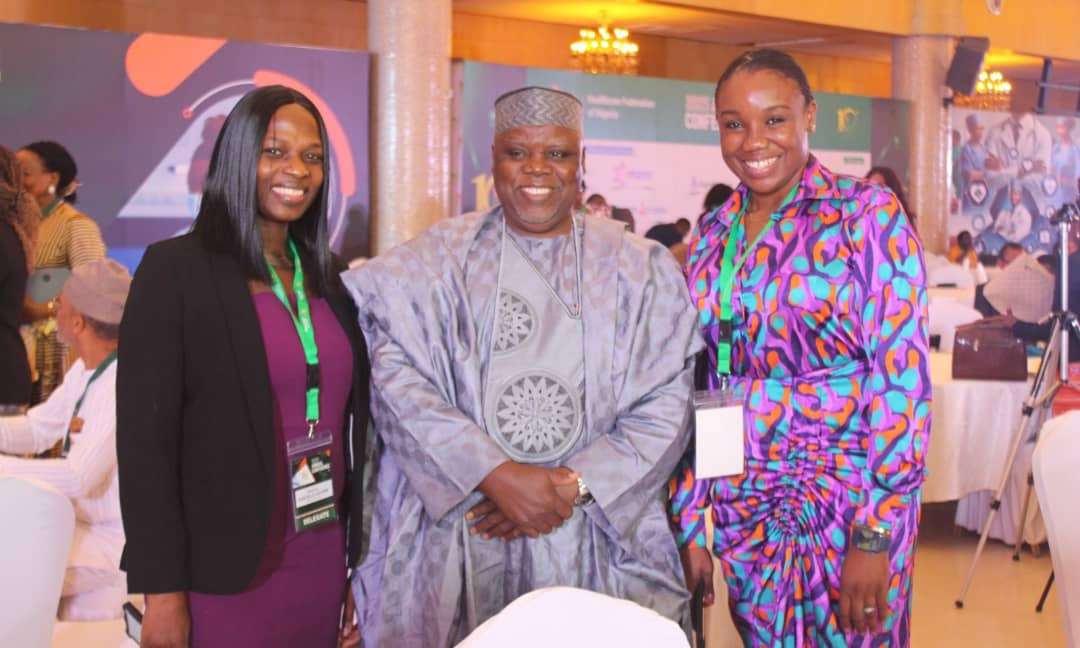
Stakeholders in the Nigerian health sector have once again emphasised the need for local solutions to secure the country’s medicine supply, with a particular focus on boosting local drug production and reducing reliance on imported medications.
At the third Annual Conference and tenth anniversary celebration of the Healthcare Federation of Nigeria (HFN), President of HFN, Dr Pamela Ajayi, underscored the critical role of local medicine manufacturing in Nigeria’s pursuit of self-reliance in drug production. She called on all sub-sectors within the healthcare ecosystem to unite in support of this initiative, urging a shift towards supporting locally produced pharmaceuticals.
“We must prioritise self-reliance in healthcare. By supporting our local pharmaceutical manufacturers and actively purchasing locally made drugs, consumables, and medical equipment, we can reduce dependence on imports, stimulate economic growth, and make quality healthcare more accessible to Nigerians,” Dr Ajayi said.

The Coordinating Minister of Health and Social Welfare, Professor Muhammad Ali Pate , who was represented by Dr Abdu Mukthar, national coordinator of the Presidential Healthcare Value Chain Initiative, echoed the call for local drug manufacturing. He reaffirmed the Federal Government’s commitment to improving health outcomes through strategic investments and policies.
“The HFN is one of the Federal Government’s key partners in advancing the national healthcare agenda. In 2024, we laid the groundwork, and in 2025, we will begin to see the results of these efforts. The government is focused on promoting local drug production, exemplified by the Executive Order signed last year,” Professor Pate said.
He further noted that the government is implementing policies to support local production of active pharmaceutical ingredients (APIs) and has made budgetary provisions for special funds to assist vulnerable populations in accessing quality healthcare. “The Federal Government has allocated $200 million for HIV/TB interventions, much of which will be directed towards supporting local drug production,” he added.
Lagos State Governor Babajide Sanwo-Olu, represented by Professor Akin Abayomi, commissioner of health, also highlighted the importance of investing in healthcare infrastructure. He emphasised that prioritising health is not only key to improving population health but also to economic growth and wealth creation.
“A government that prioritises health spending will foster healthier populations, cleaner environments, and more sustainable communities. Investing in healthcare infrastructure is a step towards eradicating poverty and achieving better health outcomes for all,” he said
“The Lagos State Government is also committed to expanding the capacity of healthcare professionals, he added, “with initiatives including training programmes and improvements to healthcare facilities.” He also reaffirmed the state’s support for local manufacturing, aligning it with the state government’s broader vision of promoting a healthier Lagos.
CEO of Bloom Public Health, Professor Chimezie Anyakora, who was one of the panelists at the event, insisted that the best way forward for Nigeria is for the country to produce its medicines, adding that dependence on imported medicines rubbishes the image of the country as the giant of Africa.
“We need to be very serious with the issue of local manufacturing. Countries like China have gone far ahead and we have to catch up. I am glad that the government of the day is taking very good steps and if things continue the way they are going, then we may soon attain self-sufficiency in local manufacturing”, he said.
Professor Anyakora lent his voice to the plethora of commendations for the Healthcare Federation of Nigeria which has continued to act as a catalyst for development in the Nigerian health sector. “The HFN is bringing together stakeholders to address salient issues affecting the Nigerian health sector. This is a proactive way of proffering solutions through strategic brainstorming”, he added.
The HFN conference, which brought together leaders from the healthcare and pharmaceutical industries, reinforced the urgent need for a more self-sufficient healthcare system, with local manufacturing playing a central role in achieving this goal.










